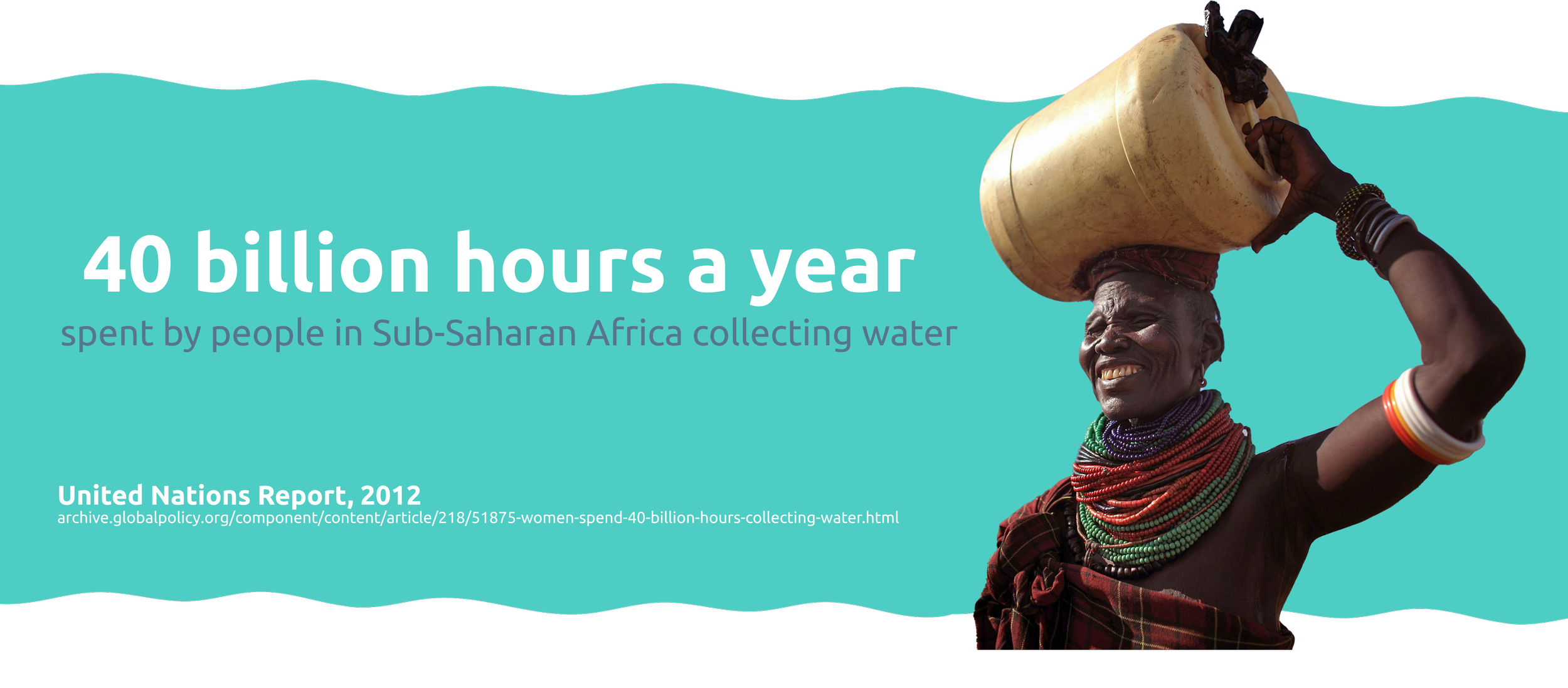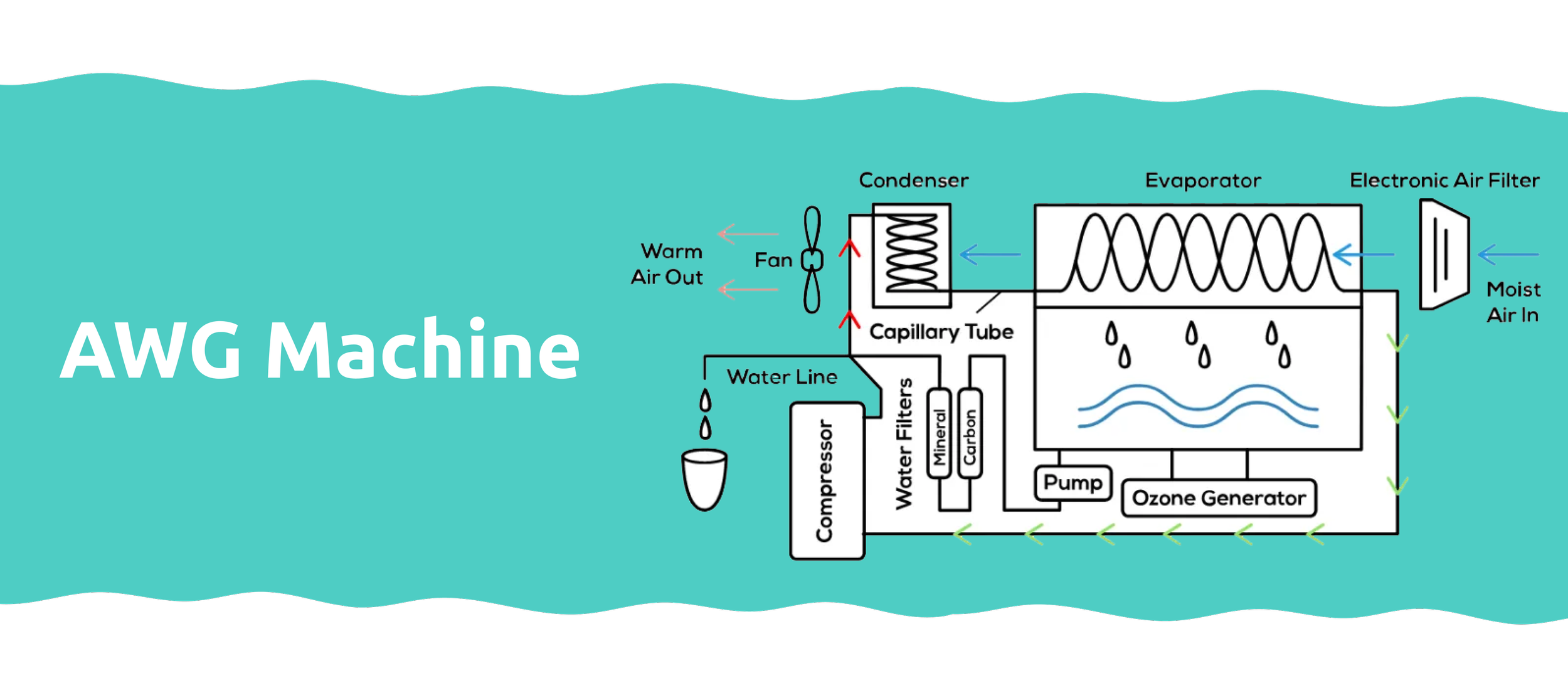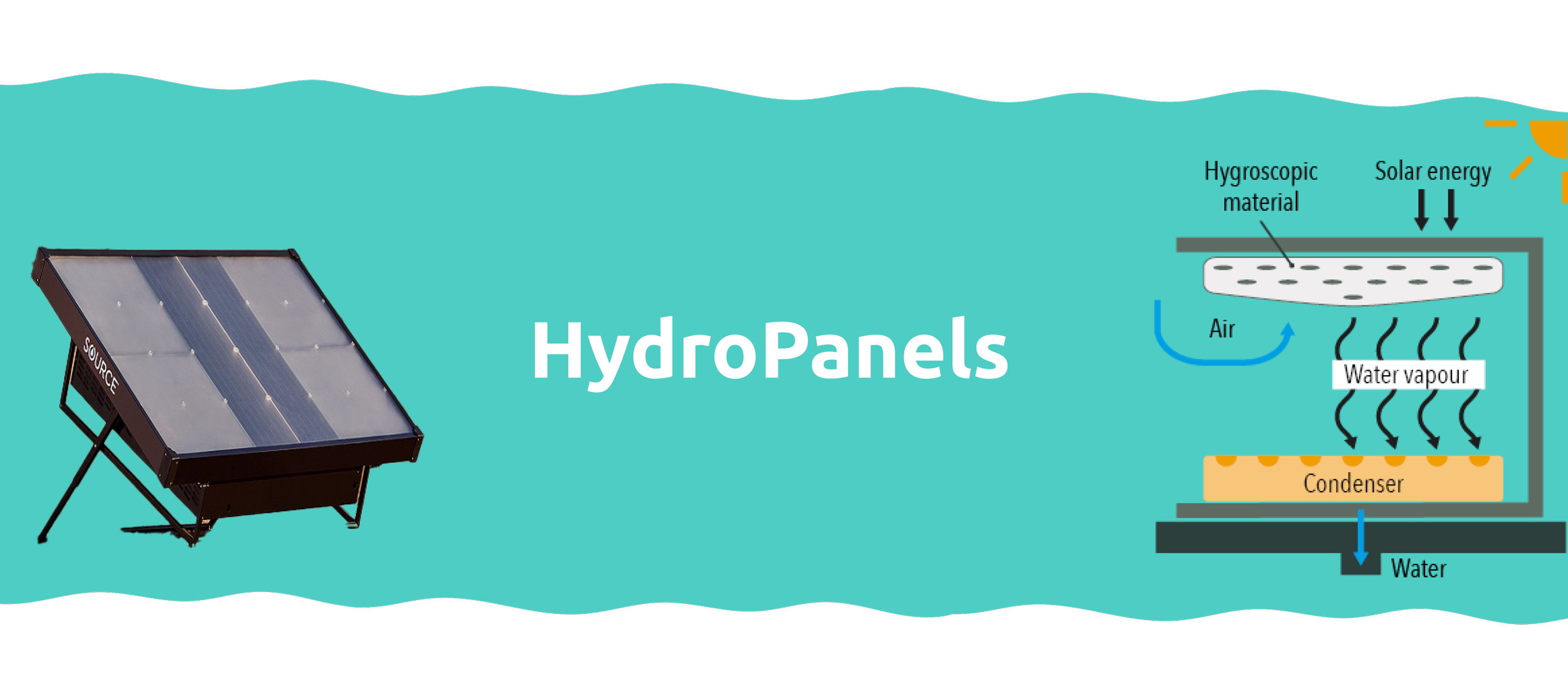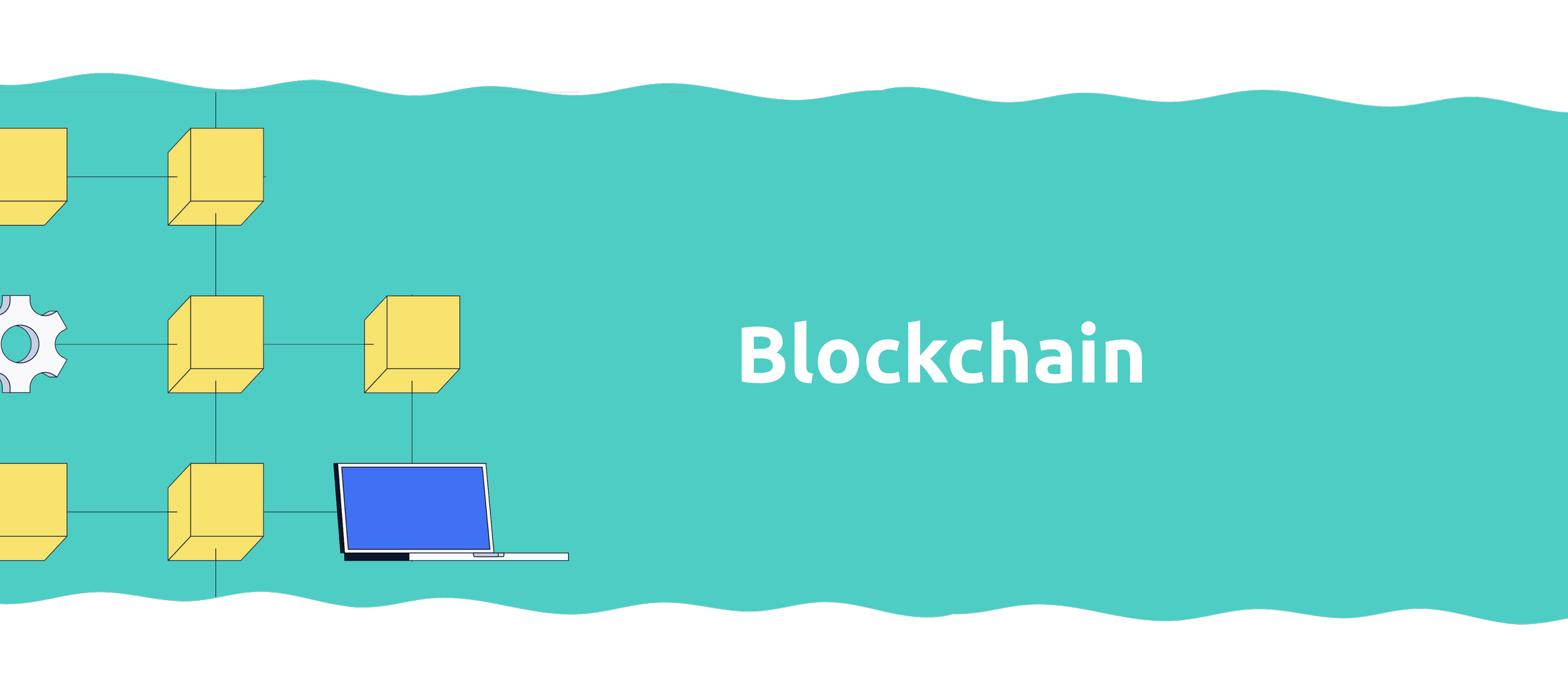Waves of Change
Solutions for the Global Freshwater Crisis
Water is an indispensable resource for life that influences social, economic, and environmental dynamics. However, the little water the planet has is decreasing – fast. Only 2.5% of the planet’s water is considered fresh drinking water (How Much Water Is There on Earth?, 2023). Due to pollution, overconsumption, and inadequate infrastructure, the planet is currently phasing a freshwater crisis. According to UNESCO approximately 26% of the global population doesn’t have access to clean drinking water. Also, between two and three billion people experience water shortages for at least one month per year (Imminent Risk of a Global Water Crisis, 2023).
Poor water conditions severely affect quality of life, since water is the pilar for basic sanitation and hygiene. The lack of it often leads to health issues and even fatalities. Specially where the disparities in water accessibility serve as manifestations of social inequalities, disproportionately impacting marginalized and economically disadvantaged communities. There are far reaching social consequences like migration and displacement of entire communities. According to The World Bank, water deficits are linked to 10% of the rise in global migration (Ebb and Flow: Water, Migration, and Development, 2022). In places like the Middle East and North Africa, the unavailability of water even instigates conflict over resources within communities. Specially as places with little to no access of water may become unlivable.
The economy thrives on water. It is essential in agriculture, manufacturing processes, tourism, trade, and urbanization developments. As Margaret Catley-Carlson the vice-chair of the World Economic Forum stated: “Water is an astonishingly complex and subtle force in an economy. It is the single constraint on the expansion of every city, and bankers and corporate executives have cited it as the only natural limit to economic growth”. Businesses who rely on water face challenges due to water scarcity, affecting employment and economic stability. A report by the World Bank claims that a drought can reduce a city’s economic growth by up to 12% (Ebb and Flow: Water, Migration, and Development, 2022).
The environment is suffering from the traditional ways of gathering water. Throughout years, most freshwater has been extracted from the ground. Obtaining water from these underground aquifers require drilling and intrusive methods. These practices not only a high amount of energy, but also harm the surrounding ecosystems. The depletion of water sources causes high stress in the local environment.
The urgency of finding alternative water sources is evident. Without a change in social dynamics and trust in institutions, efforts to reconstruct water institutions and infrastructure are poised for failure. The key lies in trusting innovation and data-driven decision-making. Across history, technology has consistently served as a catalyst in addressing the challenges that face our planet. Currently, digital solutions are transforming in the way we gather, use and experience water. These technological advancements bridge the divide by delivering potable water to regions that lack the fundamental requisites for securing one of the world's most vital resources. Here are a few examples of digital technologies that are actively addressing the issue:
Decentralization
Moisture is the presence of liquid in the air. In nature, several life forms have adapted unique methods of gathering water from the moisture of their environment (cacti, camels and some frogs). Technology has allowed us to do the same. Through an Atmospheric Water Generator (AWG) air is captured, condensed, filtered and expulsed as water. Companies like Akvo, Mayaqwa and Planet Water currently have this technology available in the market. AWG machines specifically tackle the issue of water accessibility because it provides independence from traditional sourcing of water, is climate-resilient and is prone to scalability. Nevertheless, the machine requires a substantial amount of energy for operating. Consequently, areas lacking sufficient infrastructure or dependable energy sources may face challenges in acquiring water through this method.
Accountability
The Sun is a natural, infinite and sustainable source of energy. Hydropanels are solar panels that not only collect energy from the Sun, but also transforms the air’s moisture into water. When the panel absorbs the air and the sun’s heat condenses it. Then the water flow is filtered and can be extracted as drinking water. Source is one of the leading brands implementing this technology and pushing it further through monitoring technology. Their hydropanels, include a wireless connection allows water quality to be supervised and help resolve issues remotely. Therefore, hydropanels provide a sustainable, reliable and efficient way of gathering water. However, the development and installation of hydropanels demand sophisticated engineering and high-quality materials. This aspect poses a potential limitation, as the associated costs could impede the widespread implementation of this technology on a global scale.
Transparency
Ensuring clarity in monitoring and measuring the Earth's freshwater resources is essential. Blockchain technology was originally designed to enhance transparency and efficiency in financial transactions but has naturally expanded into other industries due to its traceability and digital reliability. In the context of freshwater management, this technology enables public reporting and tracking of every water interaction in the supply chain, including extraction, distribution, and usage. This traceability feature facilitates the identification of issues such as contamination or overconsumption at any point in the chain. Moreover, the compatibility of blockchain with mobile applications enhances the accessibility of water-related information, leveraging the fact that 85.74% of the global population owns smartphones, according to Statista (Number of smartphone users worldwide from 2013 to 2028, 2023). It is important to note, however, that implementing blockchain solutions demands high technological skills, collaboration, careful planning, and substantial resources. Therefore, impeding its application in many contexts.
Water impacts all subjects: social, economic and environmental aspects of life. Solving the global freshwater crisis requires all aspects and industries. Clean water is a symptom of a healthy community and environment. There are several innovations that have been created to Improve the Freshwater Crisis. Solving the freshwater crisis must be a priority since it’s a key resource to have a safe community.
Sources:
· Imminent Risk of a Global Water Crisis (UNESCO/Un-Water),
· How Much Water Is There on Earth? , United States Geological Survey (USGS)
· Number of Smartphone Users 2013-2028.” Statista, 14 Aug. 2023
· Water’s Role in Global Migration. UN, 3 Jan. 2022
· Ebb and Flow: Water, Migration, and Development. World Bank, World Bank Group, 22 Feb. 2022





